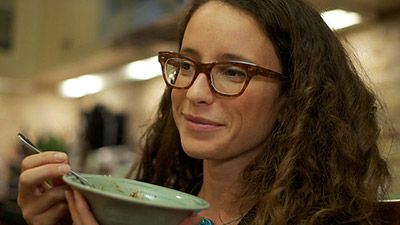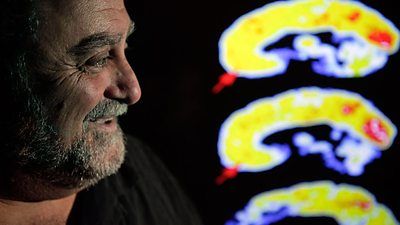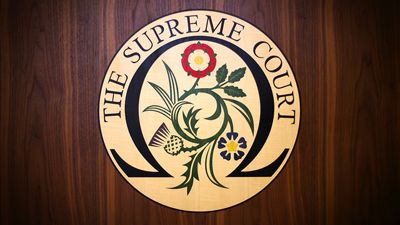The BEST episodes directed by Nicola Stockley

#1 - The Truth about Taste
Horizon - Season 2013 - Episode 3
Taste is our most indulgent sense but it is only in recent years that we have started to understand why we really love the foods we do - and it is a lot more surprising than you might think. There may a way to make food taste sweeter without adding any extra sugar and it is all down to a trick that happens in your brain. Horizon meets the scientist who has grown the perfect tomato, that is sweeter and juicier than anything you are likely to find on a shelf, as well as the men and women hoping to become elite, professional tasters.

#2 - Are You Good or Evil?
Horizon - Season 2011 - Episode 13
What makes us good or evil? It's a simple but deeply unsettling question. One that scientists are now starting to answer. Horizon meets the researchers who have studied some of the most terrifying people behind bars - psychopathic killers. But there was a shock in store for one of these scientists, Professor Jim Fallon, when he discovered that he had the profile of a psychopath. And the reason he didn't turn out to be a killer holds important lessons for all of us. We meet the scientist who believes he has found the moral molecule and the man who is using this new understanding to rewrite our ideas of crime and punishment.

#3 - The Highest Court in the Land: Justice Makers
BBC Documentaries - Season 2011 - Episode 24
They are the UK's most powerful arbiters of justice and now, for the first time, four of the Justices of the Supreme Court talk frankly and openly about the nature of justice and how they make their decisions. The film offers a revealing glimpse of the human characters behind the judgments and explores why the Supreme Court and its members are fundamental to our democracy. The eleven men and one woman who make up the UK Supreme Court have the last say on the most controversial and difficult cases in the land. What they decide binds every citizen. But are their rulings always fair, do their feelings ever get in the way of their judgments and are they always right? In the first fourteen months of the court they have ruled on MPs' expenses, which led to David Chaytor's prosecution, changed the status of pre-nuptial agreements and battled with the government over control orders and the Human Rights Act. They explain what happens when they cannot agree and there is a divided judgement, and how they avoid letting their personal feelings effect their interpretation of the law. And they face up to the difficult issue of diversity - there is only one woman on the court, and she is the only justice who went to a non-fee-paying school.